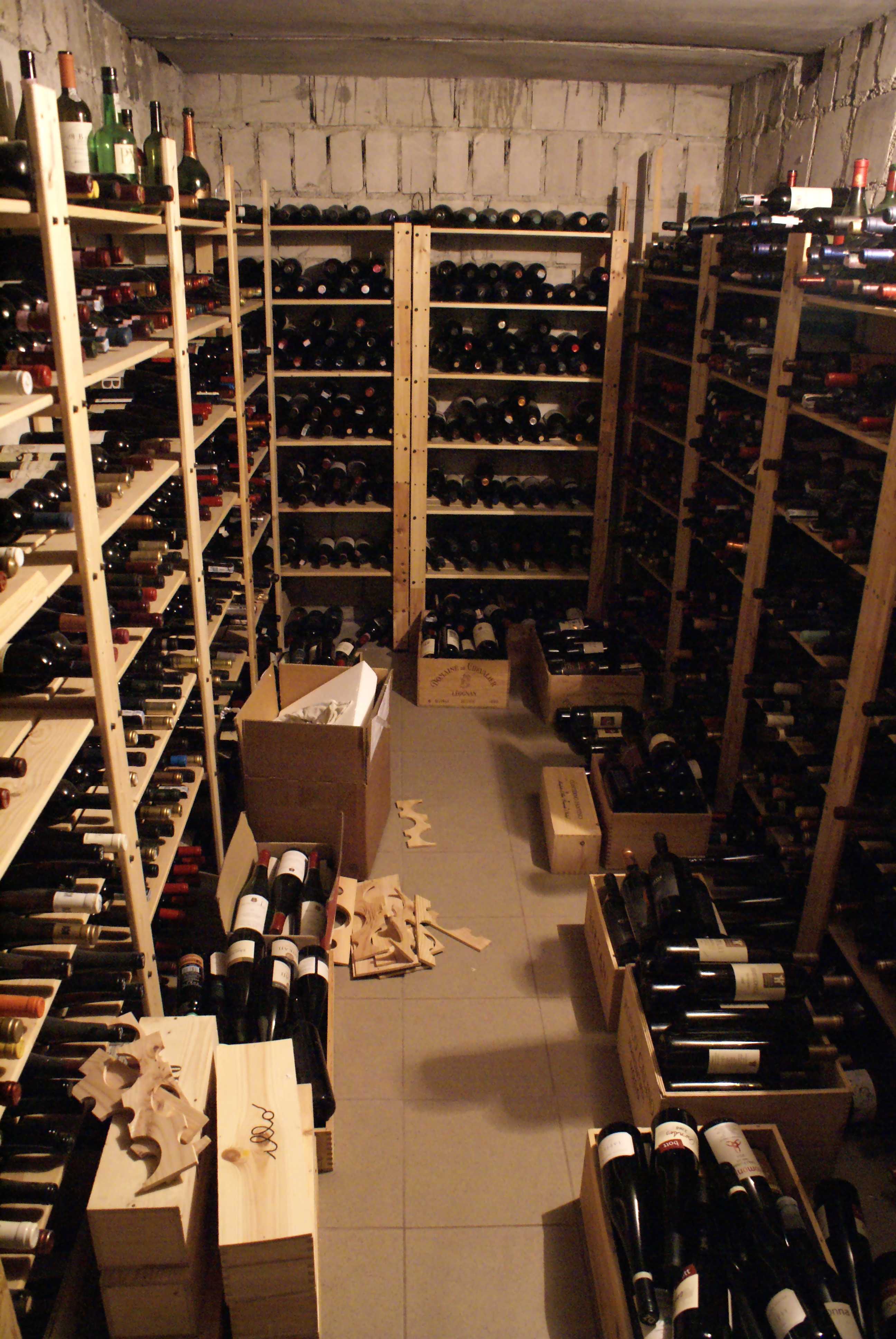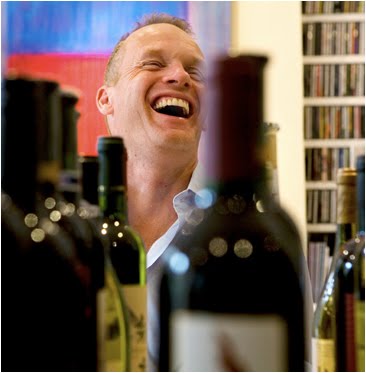The $ issue
Posted on 19 August 2011
As a blogger I prefer to talk about wine (and tea) rather than blogging itself. But there’s recently been a few online discussions on where wine blogs stand and where they’re going that merit a comment. Jeremy Parzen of Do Bianchi argued whether bloggers should stick to positive reviews. (My view is that honest, non-personal and non-aggressive critical write-ups of bad wines add spice, context and credibility to a blog). Winewomansong discussed the difference between blogging and journalism. Tyler Colman a.k.a. Dr. Vino addressed the issue of bloggers’ income. His bottom line is, blogs don’t generate revenue but give you exposure and readership.
I’m perfectly happy about this latter situation. I blog here on Polish Wine Guide out of passion for wine and dedication. Sharing emotions and discoveries with readers has something fundamentally positive about it, and I wouldn’t give it up. To me, blogging is as much about ‘vanity’ as Jeremy Parzen puts it, as about the basic act of interacting and sharing with people. Vanity and altruism, in a way. And for the altruism part it doesn’t matter if you have hundreds, thousands or perhaps millions of readers.

Jancis Robinson can afford to charge readers of her website but what about mere mortals? © Financial Times.
But there’s the important part of paying the bills that readers don’t seem (or want) to notice. Worryingly, as the everything-for-free culture spreads on the internet, devouring wine journalism in the process, there is also an increasing pressure on wine writers to pay for the wines they review. The press travels of Jay Miller and other Wine Advocate and eRobertparker.com authors have been the hottest topic of debate in the last year (admittedly there have been some excesses there), and even receiving free wine samples is increasingly seen as controversial. On my Polish blog I am being regularly criticised for reviewing wines offered by producers and distributors.
I believe readers have the right to know about potential conflicts of interest (hence the Disclosure section under each of my posts where I make it clear who’s paid for the bottle, lunch, flight ticket etc.). Wine writing isn’t a perfect world, and I’m conscious of the vastly divergent standards of conduct adopted by my journalist colleagues. Disclosures help to cool down the debate, but there’s no hiding that the wine trade does exercise a powerful pressure on writers: after all, it’s the trade that decides who is ‘on the circuit’, participating in the numerous tasting events that provide the fuel for nearly everybody’s articles.

I do receive samples but over 50% of this wine was paid for by me.
In a perfect world, I’d entertain the wish of those more orthodox readers and pay for every single bottle and wine tour I write up here. This would give me and other writers much more independence and flexibility. But the same readers apparently don’t want to hear about paying for content. In a decade, we’ve grown to expect that the use of professional or semi-professional wine websites is free of charge. Even the happy few with an established reputation to charge for online subscriptions (eRobertparker.com, Jancisrobinson.com or, on a more modest scale, Quarin.com) aren’t exactly making peanuts, as far as I know. At the same time the circulation of printed (and payable) wine magazines is continuously falling.
The situation is different for the casual amateur wine blogger writing about his/her dinner bottles, but for every half-serious critic such as myself, the costs involved are high. Just being on the ‘free wine train’ as one blogger put it doesn’t provide you with relevant content. (And the train itself is rarely a holiday on the beach: in a week I’d typically have thirty wines to open including some fairly bad and boring). I’m pretty confident wine writers spend more on wine than anybody else. Citibank tells me that between January and July this year I’ve spent the equivalent of 1,600€ on wines that I thought would be interesting for you and me. That’s about 25% of my credit card bill. A trip like this one to Portugal, when it’s not offered by a trade organisation, will cost a four-digit sum. Finally there’s the very considerable cost of writing time spent away from actually earning money. How to pay for all this (I don’t mention trivialities like web hosting and administration) has been an increasing headache for all wine writers.
For those writers not blessed with a permanent position at one of the moribund wine magazines, there are two solutions: ads on the website or paid content. The former is adopted by e.g. Jamie Goode at the Wine Anorak, but I think the latter is far better: it avoids the mild conflict of interest behind any paid publicity in the press, and reinstates a healthy situation: those who make use of and (hopefully) enjoy a service remunerate those who provide it.

Tim Atkin MW: paving the way for wine writing renewal.
I think wine writing, where costs far are superior than those of political journalism or cinema reviews, needs urgent change. In this light I’m delighted to see one of favourite writers Tim Atkin MW finally addressing the issue. Tim runs a website as well as a blog, and he has been delivering the sort of competent well-researched content I mentioned above – for free. His 2009 Bordeaux and 2009 Burgundy special reports were available for free download from the website. With the 50-page comprehensive 2010 Bordeaux en primeur report Tim has introduced a £10 fee. Here’s what Tim says about his decision:
I took the decision to charge for my 2010 Bordeaux report after a lot of hard thought. I published reports on the 2009 vintages in Bordeaux and Burgundy, both of which were downloaded by more than 1000 people, for nothing on my site. Both involved a lot of work and incurred significant costs. Good wine writing, on the net and elsewhere, is expensive to produce. My competitors (Parker, Jancis, Suckling et al) charge people to subscribe to their websites, so I decided to do the same for my special reports. The rest of my site (www.timatkin.com) will remain free to access. I have been very encouraged by the reaction to my 2010 Bordeaux Report. It has been widely quoted by the likes of Farr Vintners, Bordeaux Index and Berry Brothers, and has been downloaded by just over 500 people to date. This doesn’t pay me a fortune, but it does offset the costs involved in researching, writing and publishing such a document.
I’m with Tim here. Paying for content is the only way for wine journalism to go on. It’ll be a tough decision for readers who’ve been enjoying it for free. But I’m confident it’ll help make wine writing, and your drinking, better.

